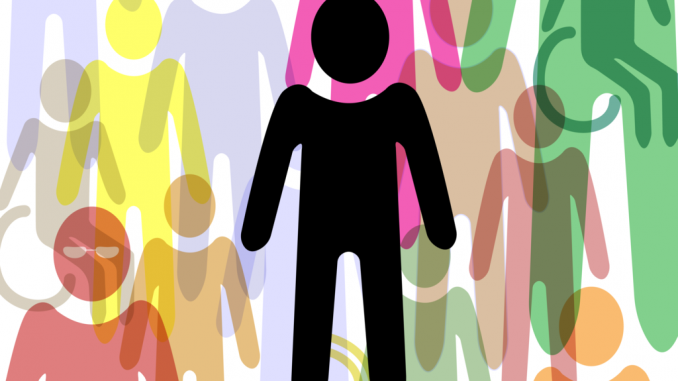
Courses offered in Temple’s disability studies graduate certificate allows students of all backgrounds to look at society through the lens of disability.
The program is provided by the Institute on Disabilities through the College of Education. There is a 12 credit requirement to complete the certification and classes are offered in the fall, spring and summer semesters.
Disability studies is kept alive not only by scholars but the people who live with visible and invisible disabilities, said Kate Fialkowski, the director of academic programs for the disability studies graduate certificate.
Disability and Social Policy, which is a course offered in the spring semester, helps students think about how people with disabilities are ignored in some social policy, said Sarah Mueller, a 2019 masters in public policy graduate who received the disability studies certificate.
“It makes you think critically about the role policy plays and its intention or lack thereof on the lives of people with disabilities,” she added.
There is an effort in the program to create a “first person narrative,” when addressing issues in the community, Fialkowski said. In Disability Rights and Culture, there is an emphasis to engage disability studies outside the classroom through attending events centered around disability pride and listening to speakers with disabilities.
“We’ve moved long past that kind of stereotypical traditional research voice into something that includes activists, advocates and just people,” Fialkowski said.
This course helps to address an important issue raised by the disability rights movement, which is present on college campuses, as students with disabilities didn’t see themselves represented in existing disability course materials, Fialkowski said.
“When we identify as people who have disabilities, we are looking for that content, we’re looking for leaders, and we’re looking for lived experiences that match ours,” Fialkowski said. “When we don’t see it, we start writing it, we start teaching it, we start engaging other people about it.”
Susan Fullam, the director of communication at the Institute on Disabilities, said the objective of disability studies is to create an understanding of what proper accommodations can accomplish for people with disabilities.
“What disability studies does is that it intellectualizes and normalizes people with disabilities so that they’re not viewed as incapable,” Fullam said. “They don’t need the pandering. They don’t need the help. They just need the accommodations.”
Students pursuing careers in public policy, social welfare programs, human resources and education are not the only ones who can benefit from taking courses in disability studies, Fialkowski said.
“We struggle putting people into this program because I don’t know if there’s a full understanding of it,” Fullam said.
Fialkowski added there are efforts to reach students in other colleges and majors because the mindset that disability studies are exclusive to students in health and policy creates barriers in expanding the program.
The definition of disability is not fixed, so disability centered studies are needed to address misconceptions, Fialkowski said.
“Everyone who interfaces with students should have an understanding of disability as an identity, a history, a culture, a language, and not just a medical phenomenon,” Fialkowski added.


Be the first to comment